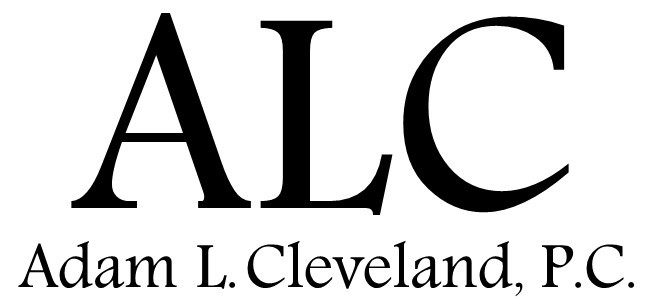By way of introduction, this article is written by a career creditors’ lawyer and will, intentionally or not, be colored by that perspective. Debt settlement agencies or debt consolidators have been utilized to successfully negotiate reduced debt settlements for single or multiple obligations of their clients for many years. Of equal significance and jointly with that statement should come an acknowledgment that companies or individuals calling themselves debt settlement agencies or debt consolidators have been perpetrators of vicious scams against consumers with unfortunate regularity throughout that same time. If you hope to utilize a debt settlement agency/debt consolidator, take great care to research their reputation with state and federal regulation agencies, including your state’s office of consumer affairs and Better Business Bureau, as well as any other sources available.
Be aware that a relatively small number, if any, of debt consolidation companies actually have standing agreements with certain creditor companies to accept proposed settlements. Absent such an agreement with your specific creditor or creditors, a debt settlement or debt consolidation company is unlikely to have any ability to persuade your creditors to accept a better deal than you could do yourself if your negotiating skills and theirs are roughly equal. Despite this, many such companies will have you pay a fixed amount of funds for their services without promising any beneficial result.[1] Take time to decide the merit of the company and decide whether having them perform negotiations on your behalf will be likely to save you sufficient time, stress, or money to be worth the investment. At the very least, consider whether utilizing the company would actually reduce your anticipated settlement by enough to cover, and save additional funds beyond, the amount you might achieve negotiating yourself.
Most debt collectors are subject to limitations on divulging or discussing information relevant to your case. To overcome this, many debt settlement agencies/consolidators will have you execute a power of attorney document to authorize them to negotiate for you. Even more than with other powers of attorney, be especially careful to confirm that a power of attorney for this purpose contains nothing more than a power to give and receive information in connection with your debt(s) and to negotiate – and, to the extent you desire it, enter into – agreements to pay funds to settle a debt.
Take special care if you are threatened
with, or more importantly, are actually subject to a lawsuit or other legal
action to collect your debt. Unless your
debt settlement agency or debt consolidator is, or utilizes the services of, a
law firm with at least one lawyer admitted to practice in the state where legal
action is imminent or ongoing, it will likely have no more, and arguably less,
authority to affect the litigation than you do yourself. The only exception would be if settlement is
actually reached and the settlement agreement specifically includes a resolution
to the legal action.
[1] In fairness, this can be said of many general law firms, too – it need not be disqualifying, but should be considered carefully.
